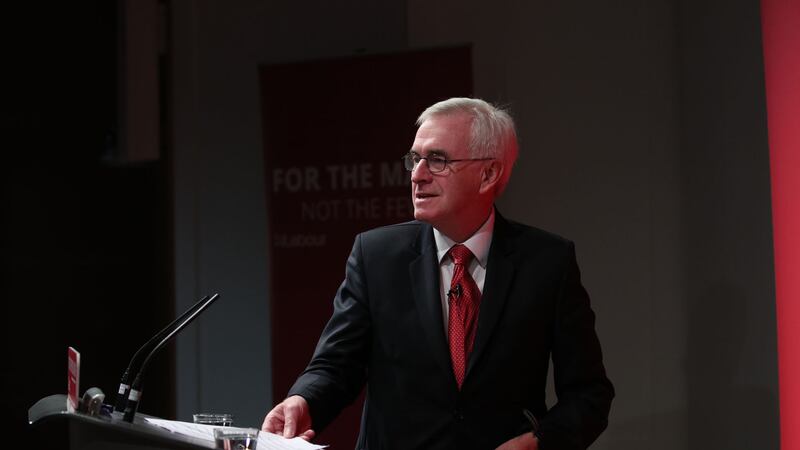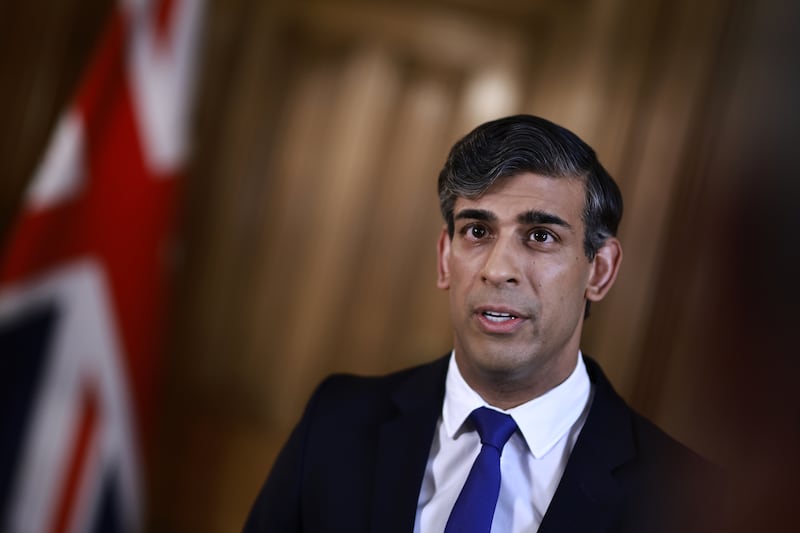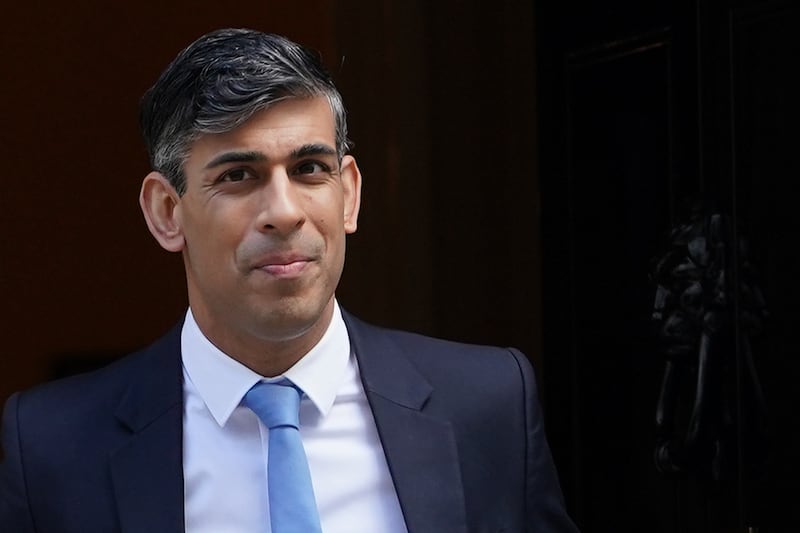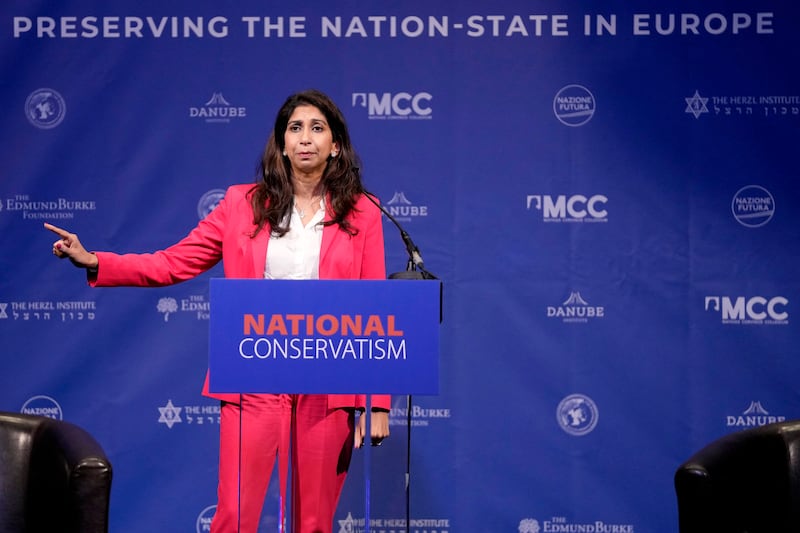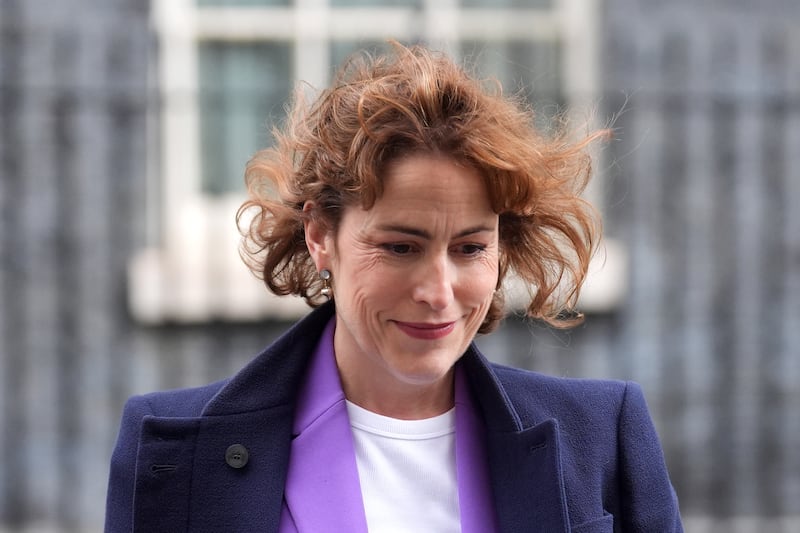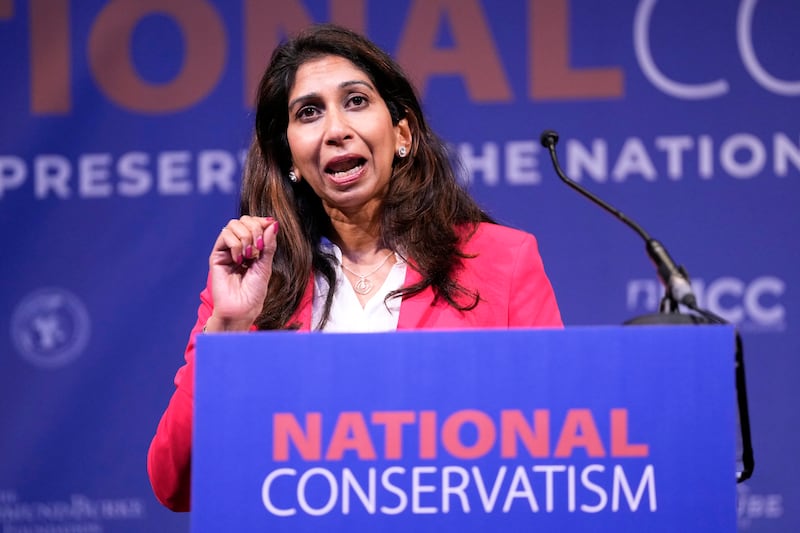Labour's plans for a 32-hour working week will apply to all employees and will be implemented over a decade, shadow British chancellor John McDonnell has said.
Mr McDonnell also confirmed that 95% of taxpayers would pay no additional tax under the party's plans.
The shadow chancellor's comments appear to contradict earlier comments by shadow health secretary Jon Ashworth on a four-day week.
Speaking to BBC Breakfast this morning, Mr Ashworth said: "In 10 years' time, when we've raised productivity in the economy... there'll be a big review to see if the changes in workplace working around automation and things like that mean that workers... can reduce their hours.
"The idea that there's going to be a four-day week in the NHS on December 13, which Matt Hancock was suggesting, was just nonsense, it was laughable."
Speaking to an audience in central London alongside Mr Ashworth later in the morning, Mr McDonnell said: "It's a 32-hour working week, implemented over a 10-year period. It will apply to everybody.
"What Jon was talking about this morning is how do you apply it over that 10-year period.
"The Tories have given this impression that we get elected on December 12... that on December 13 suddenly everybody is on a four-day week.
"No, that's not what we said. It's not what Jon was saying this morning either.
"It's a bit like the implementation of the minimum wage, which was opposed then - if you remember - saying it will cost thousands of jobs and the economy would collapse et cetera.
"What we've said, just like every other reduction in the working week, it is planned and negotiated between employers and trade unions over time.
"We've said, realistically, as we put this investment into our economy, we will become more productive, there will higher wages, because of the higher skills that we're producing, and over time as the economy grows we want - as that wealth is created - a proportion of that wealth should be shared more fairly with the workforce.
"And we can share it in two ways. Higher wages, of course, but also traditionally what the trade unions in this country have negotiated to do is a shorter working week."
Mr McDonnell also outlined Labour's tax proposals which will be set out further when its manifesto is published.
Echoing its 2017 manifesto, Mr McDonnell said 95% of taxpayers would pay no additional tax.
He said: "The day-to-day funding increase will be funded by taxing, yes, the top 5% a higher rate of income tax.
"Let me just make this clear, and cut through the lies and the fake news from the Tories over last couple of weeks. As I've said before, income tax rates, national insurance and VAT will not increase for 95% of earners. It's only the top 5% we will ask to pay a little bit more."
In its 2017 manifesto, Labour pledged not to raise income tax for those earning below £80,000 a year, and not to increase personal national insurance contributions or VAT.
This would be achieved by lowering the threshold for the 45p additional rate to £80,000 - from £150,000 - and introducing a new top 50p rate on earnings above £123,000.
The additional rate was 50p for earnings above £150,000 from April 2010 until it was lowered to 45p in March 2012.
The Institute for Fiscal Studies said at the time that this would result in a tax rise for 1.3 million people.
